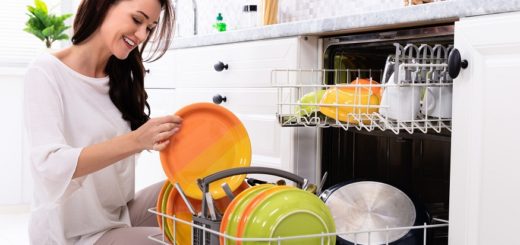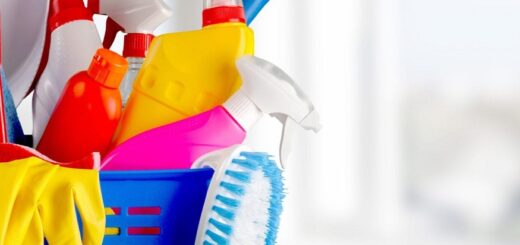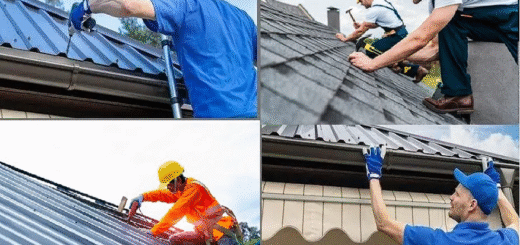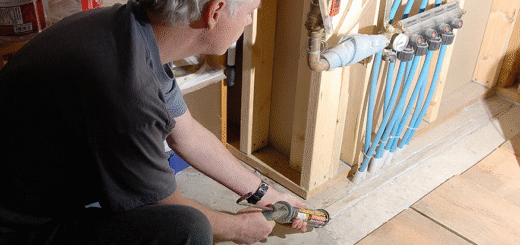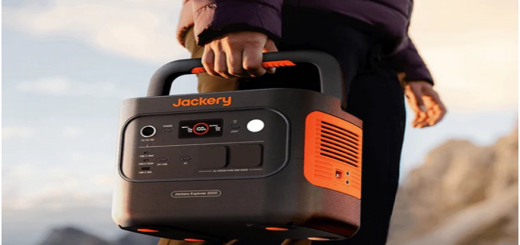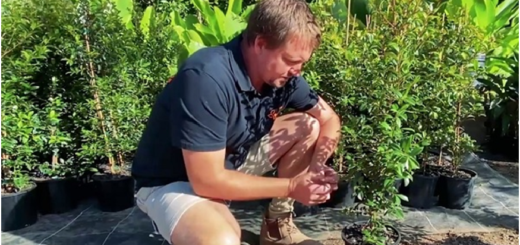What to keep in mind when disposing of dangerous waste?
When it comes to hazardous waste, we should be mindful of how threatening it can be for human health and the environment if done negligibly.
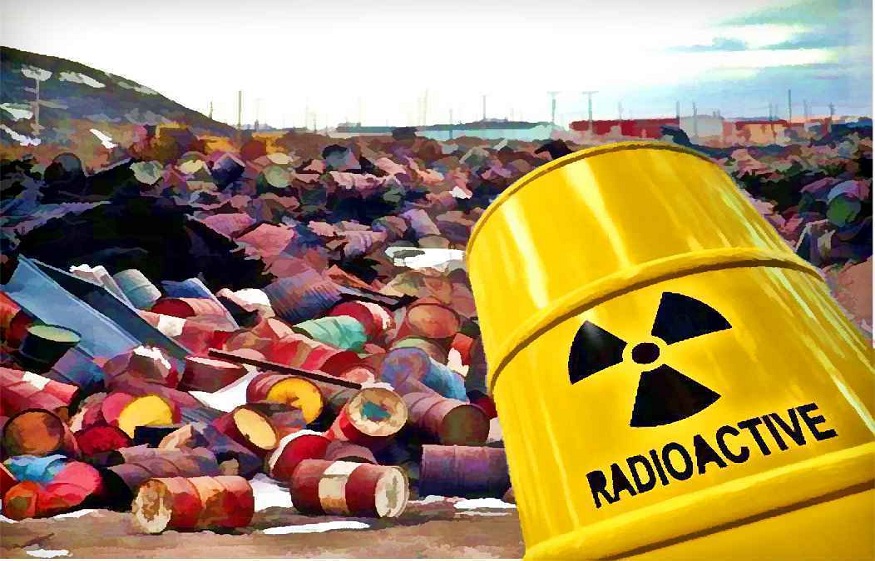
What is household hazardous waste?
One of the most important things to figure out prior to disposing of hazardous waste is knowing what each of them represents.
- Flammable materials: These substances are the ones that are able to catch flame when they come into contact with fire or anything of high temperature in the air easily.
- Toxic materials: Upon close contact, inhalation or consumption, these substances can cause very serious and harmful effects. Cleaning products used in the kitchen, paint oil, weed killers all fall into this category.
- Corrosive materials: These materials are usually liquid that is able to corrode metal fast. These materials contain strong acids like hydrochloric acid or sulfuric acid.
- Reactive materials: When stored above normal temperatures or pressures, substances like these are unstable and sensitive enough to explode without clear warning.
How to dispose of hazardous waste?
- Keep track of reading labels
Now that you have a clear understanding of the materials, it’s important to know about the many household materials that list the general directions or guidelines about storing and handling them. While you won’t find all specifics on how to dispose of exactly, you may get to know general particulars about safe disposal and the correct methods to do so.
- Drop off at a convenient location
You can always contact your local waste management service centre such as house clearance Leeds who are willing to handle all drop off services on set schedules. You can get as much information as possible and talk about specifics and the materials that are not allowed to be dropped off and those that are and hand over everything accordingly.
- Handle old containers with extra care
Once a product is done with use, the containers may still have traces of chemical residue inside and can pose a threat even once the material is gone. In this case, if you have empty containers of the same, you’ll have to make sure they are disposed of carefully as though the product still contains the chemicals.
- Avoid mixing of products
You may never have any knowledge about the possibilities of two very hazardous substances coming into contact with each other. Therefore, it is best to never mix any products that you know are lethal and dangerous..

